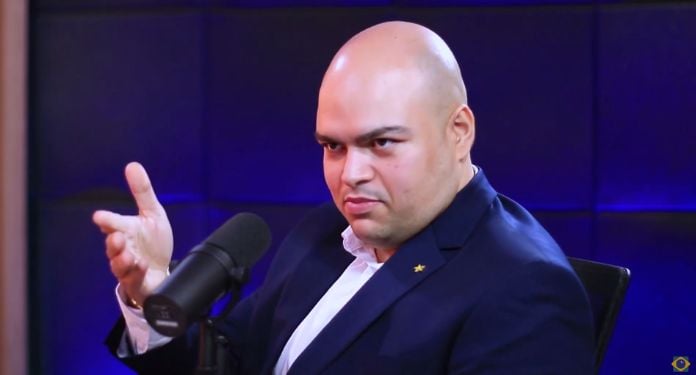In 2025, Brazil will experience a significant change in the sports bettinghttps://igamingbrazil.com/en/sports-betting-en/?doing_wp_cron=1743691027.6997659206390380859375 and online gaming sector. April 1st marked 90 days since the implementation of strict regulations, establishing clear guidelines for the legal operation of bookmakers.
All companies in the sector must now obtain authorization from the Secretariat of Prizes and Bets of the Ministry of Finance (SPA/MF). This, however, does not eliminate all issues, especially regarding the health of bettors, although there is more effective control and the government already collects significant revenues.
Economic growth in the betting market
The financial activity of betting has increased impressively in recent years. A study by Strategy& (PwC) revealed that, in 2023, the market moved between R$60 billion and R$100 billion, compared to R$5 billion in 2018, when the activity was released, but not yet regulated.

Fellipe Fraga, CBO and IR at EstrelaBet, highlighted that the new regulation brought legal certainty and clear rules, eliminating the “gray zone” and allowing operators to follow established rules.
Fraga states: “Now, strict technical requirements, such as facial identification of bettors, guarantee greater security in transactions and in preventing money laundering.”
Furthermore, regulation positively affects advertising by imposing ethical rules to protect minors.
Impacts and benefits of gambling regulation
Marco Tulio, CEO of Ana Gaming, emphasizes the formalization of the sector, highlighting that this could increase tax collection and economic impact.
According to him: “Sports betting drives a wide chain of suppliers and services, from sponsorships and advertising to software development, customer service and the creation of promotional materials.”
Marcos Sabiá, CEO of galera.bet, added that Brazil’s solid financial and technological system, with innovations such as Pix, has contributed to a safe and prosperous market.
Persistence of challenges
However, significant challenges remain, such as the presence of illegal betting, which affects regulated operators and government revenue.
Felipe Fraga highlights: “The biggest challenge for the entire chain is related to illegal betting.” These unregulated platforms harm customers and compromise the reputation of serious companies.
Regulation has also boosted the professionalization of the sector. Feliphe Almeida, CTO of LuckBet, mentioned that the requirements for best business practices strengthen credibility: “The main change that can already be noticed is the professionalization of the market.”
Vinicius Nogueira, CEO of BETesporte, emphasizes the promotion of responsible gambling. He says that the campaign with Zico — “Real stars play responsibly!” — reinforces that betting should be fun and not risky.
Discussion on gamblers’ health
The growing revenue and security provided by the market are accompanied by a debate about the health of bettors. Studies and campaigns highlight that betting should be a pastime, not an investment.

The Senate is discussing restrictions on advertising, similar to what happens with alcohol and tobacco. In addition, the regulation already imposes restrictions on advertising models in the sector. The government is also studying an action plan based on an interministerial working group.






